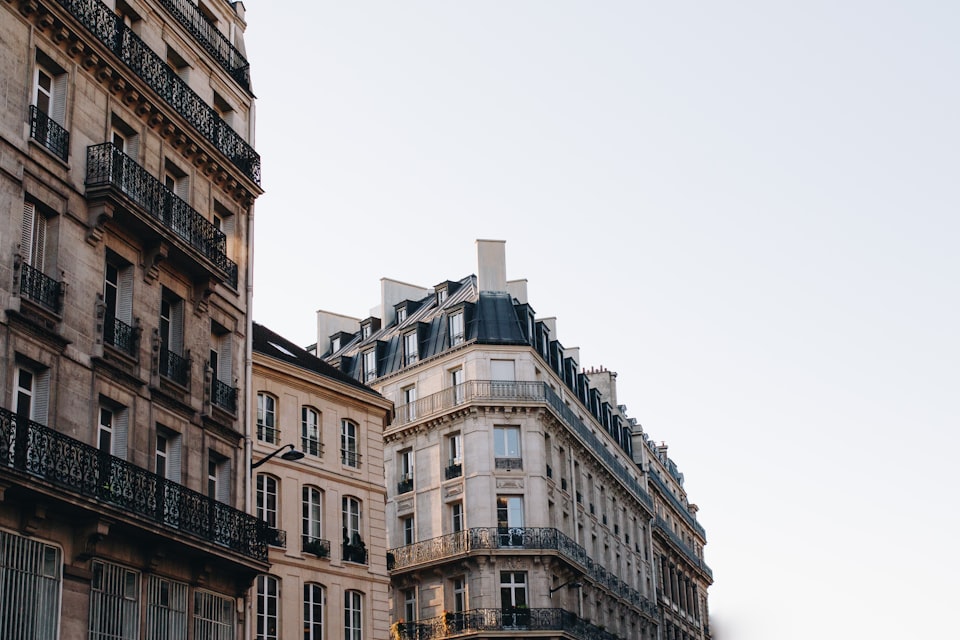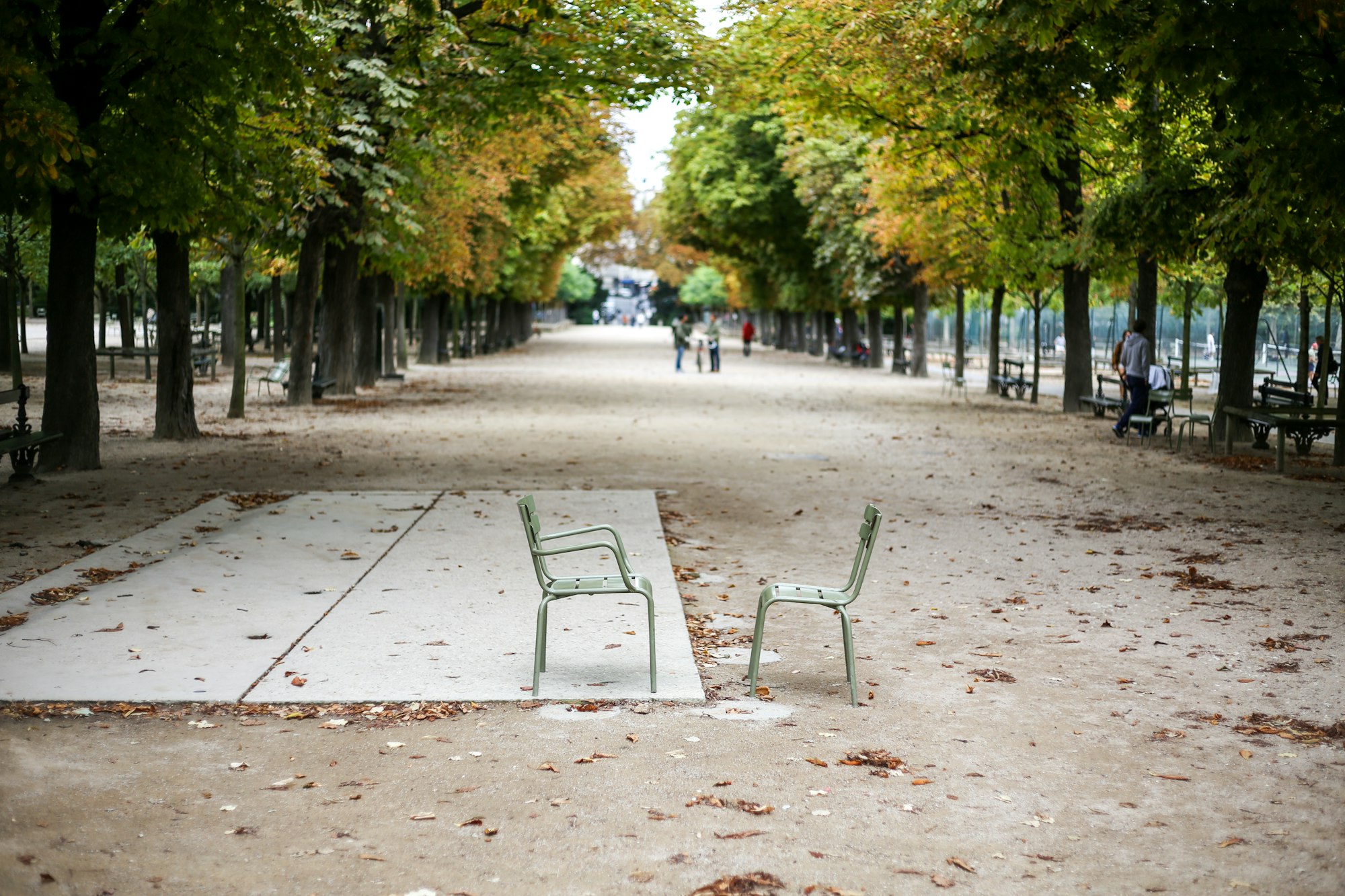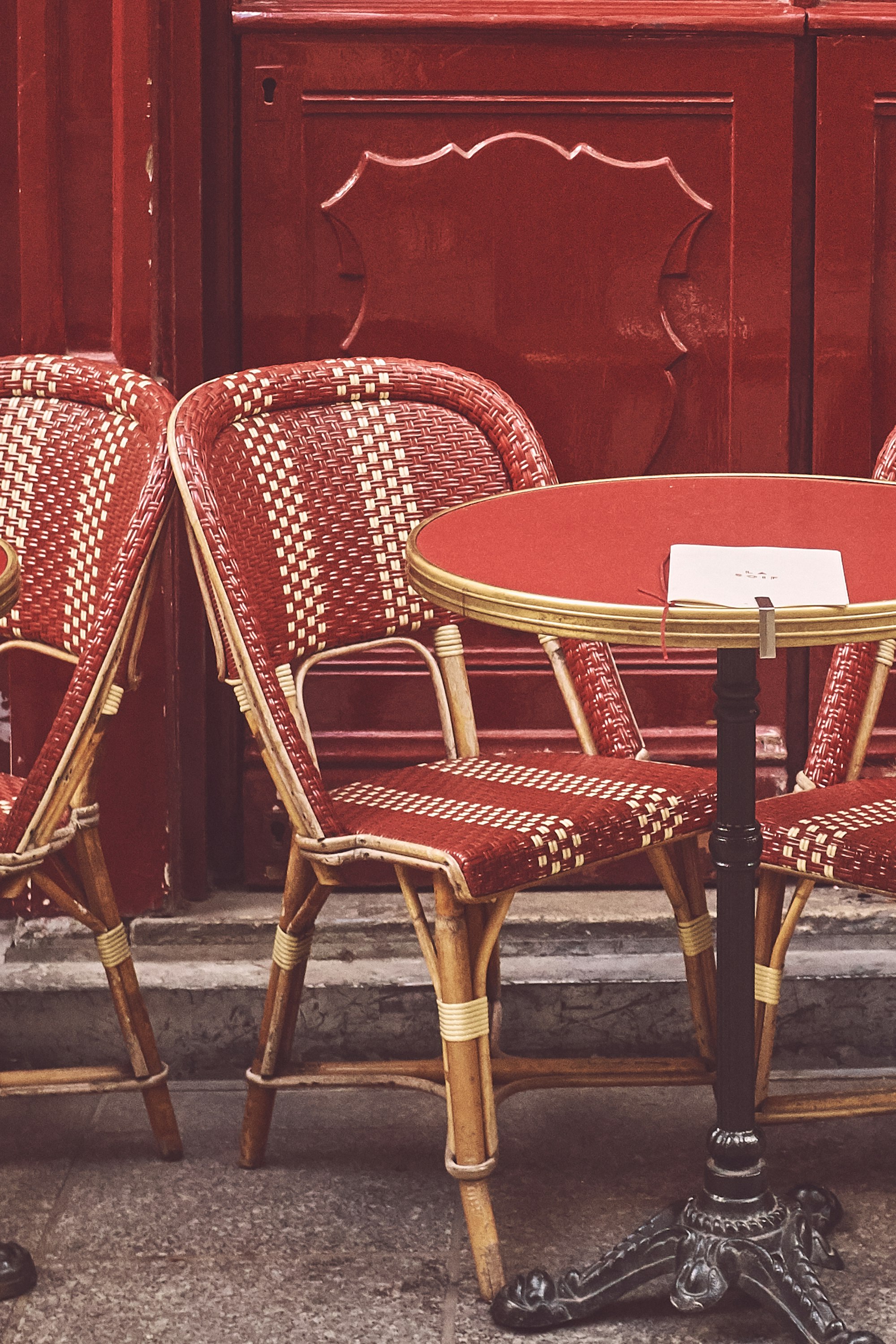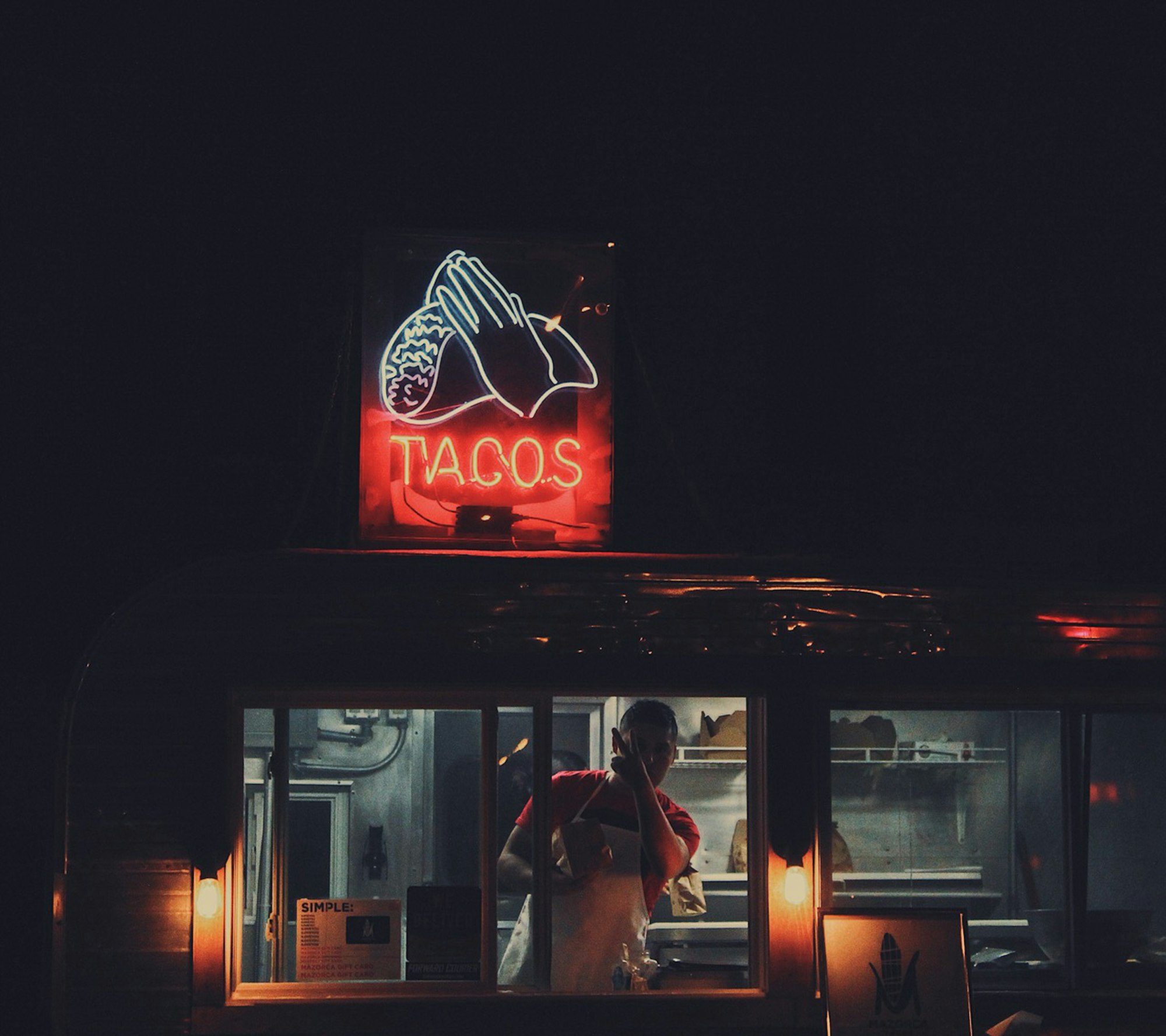Walking in Paris with Christophe Porot

I have asked Christophe Porot a few questions about his walking experiences in Paris. Christophe is a philosopher who is currently based in France and travels quite often to the US.
What is your favourite street in Paris and why?
C: I thought about doing research to answer this question, because the truth is the streets blur together in my mind as I stroll in familiar neighbourhoods. Rousseau, the great and revolutionary philosopher, once said that his mind does not work without his legs. In other words, walking was essential to thinking for him. The same is true of me, walking merely opens a portal to a realm of reflection and I stop paying attention to the surroundings around me. I keep a minimal level of monitoring of movement for safety over time, but can only describe my favourite streets of Paris through proximity, though I never register the name. Near the Sorbonne, where I am currently writing my thesis, there is a street that walks you into the Luxembourg Gardens. This, because of the destinations on either side, is my favourite street in Paris.

There is a moment when you transition from the bustle of a youthful neighbourhood, addled by stressed out students, into the tranquillity of the gardens. A supreme delight pours over my being as I walk from an urban jungle into the tamed garden, and I have to be honest that I’m a bit of a consequentialist about walking. As I slip into mental reverie routinely on my walks, I often forget the path and do not attach myself to the immediate scenery. The quality of the destination the walk brings me to, after minutes or hours exploring the magical world of thought, is the metric by which I judge the legitimacy of a walk. I can hardly think of a more enchanting street than one that links my favourite library to my favourite garden; a street rich with ambient noise from curious students, safe enough to comfortably let my mind wander about, and serving a purpose that can not be reduced to the pathway but is expressed by the connecting points the pathway enables to be related to each other. The blur of motion between the library, where I’ve just indulged in philosophical literature for hours, and the gardens, where I’ll marinate in reflections for the hours to come, is the most enchanting street to me. A rose by any other name would smell just as sweet, so I’ve never noted down the street name, but I have taken account of its allure.
If you could name a street in Paris, what name would you choose for that street?
C: You might laugh at the ridiculous ambition of my response, and the willingness I have to humiliate myself through it.
I would love to see a street named Christophe Porot, the name my late mother gave to me. Marcel Proust suggested that, if a little dreaming is dangerous, then the cure is to dream all the time. I dip my toes into the concrete world as routinely as needed, to ensure my autonomy and preserve a hygiene of life that enables continued flourishing. But at every moment, every opportunity, I run back into my dreams which melt the reality around me so that I might dramatically reshape it in the forge of my imagination. Up to this point, these radically ambitious dreams have served me well. They’ve infused my life with purpose, and guided me out of darkness. I spent three years down and out in a mental hospital, in such a debilitated condition many people assumed I would be there for life. While shrunken and discounted by the vast majority of my social connections, I forged dreams to get out of the hospital, to revive my intellectual career, and to be stable and happy over time. All these dreams came true, so the remaining dreams I’ve carved out are even more ridiculous, lured on by initial success, and I dream of contributing to cultural and tangible life enough that some tiny street in Paris bears my name as a memory of my presence in the city long after my bones have dissolved underground.
I know this kind of response is out of touch with the way most people pursue their ambition, cloaking themselves in humility, but I feel my journey has been humble enough and my comeback story matters not only to me but to those similarly afflicted by despair and mental conditions which render living difficult. So I dream on, and dream big. But it’s not because I dream of the recognition, I never actually invest in the hopes of posthumously having a street named after me, it is that I dream of living a life so fruitful that a street could be named after me.
What café do you visit the most often in Paris?
C: There is a cafe called the ‘Tabac de la Sorbonne’ nestled between two, and much more popular cafes, next to it on both sides. I initially was drawn to the modest atmosphere, the unpretentious decorations in a city full of pretentious decorations. But like many experiences worth repeating, the social delicacy is what keeps drawing me back. Whenever I’m in Paris, I make my return to the cafe de la sorbonne, where all the staff knows me by name and celebrates my fidelity to their cafe. I come in, order many double espressos, and read or write for hours. Sometimes, when I’m in a state of flow, the waiter will notice an empty double espresso near me and refill it without questions; this awareness of how easy it is to be snapped out of focus, and how necessary it is to keep the caffeine coming, reflects a kind of acceptance of me and my peculiar ways. Few things are more precious than feeling accepted as is; even if you need to grow, a foundational self trust will contribute to being able to progress in life. The widely popular attitude of self hatred and suspicion doesn’t, in my opinion, serve us as well as a primary self acceptance, followed through with gentle self criticism in the direction of progress. So to walk into an environment, in a grey city, where smiles light the pathway to my routine orders, and accommodating behaviours account for the experience within, is to be absorbed by acceptance so obvious it turns into self acceptance for the duration of my stay.
Another perk, I am often unbothered by my typical social connections there, as the cafe is a kind of cave for intellectual hibernation; a place hip folks pass by on their way to L'ecritoire or another cafe deliciously located and sumptuously decorated. But, for me, the bartenders and waiters who know my name, and my order, offer me an oasis where I can write, think, and share a few laughs without fear.

Do you have any favourite food markets in Paris / Burgundy? What street food do you enjoy the most?
C: In Paris, no. One of the beautiful features of Paris is how accessible every desired item is. You can stroll through the city, google search whatever you seek, and find it within hours at the most. Burgundy is more particular. It is a landscape tilled by working folks but blossoming with high end restaurants for culinary tourism. As such, there are outdoor markets, including in my village of Saint Gengoux, where the most amazingly fresh and delightful produce is available for cheap. Chefs and locals shop together. They say good cooking starts with good produce, and I’ve got that part nailed down. Now, I just need to learn how to cook better!
As far as street foods, I love many. I used to love Taco trucks in Los Angeles, though I don’t even understand the French interpretation of a taco. It’s like an alien sandwich in France, they literally just invented something new and call it a taco. But I have an appetite for street food. As someone who rarely drinks, I don’t stumble my way into the street vendor's workplace and slop through an order. I walk with pride and deep respect for their craft, ask recommendations and follow through with compliments usually. There is a place near the Isle de Saint Louis I recently discovered. Burgers and Kebabs, simple as that. But, oh my, the execution is flawless and the sauce pouring is generous. I sometimes measure street food by how willing my host is to give me extra sauce for the fries. It’s a small act, but it means a lot to me.

What is your personal definition of the flâneur?
C: This is an interesting question, I was not aware that there were many competing definitions at stake. However, I presume a definition that involves a sense of the meaning, and relative worth, of a flaneur might be a rich way to respond. To me, a flâneur is someone who enjoys the luxury of observing without deep attachment; who can march or stroll through a city merely downloading the data of how life appears as they go. In many ways, it can be seen as a disgusting privilege but I have a kind of defence of privilege, when used well. Cicero famously wrote on the subject, regarding leisure time. For him, in the absence of a class of folks who had leisure time, there would be no philosophy or poetry or deeper arts as these things don’t express our practical demands but rather demonstrate a wise use of leisure time. One may come from emotional or material wealth as a starting point for the ability to have leisure time, but one must find a way to have time to think so that they may offer their two cents on life itself.
I loosely believe something similar may be said of the flâneur; sure, their disinterested approach to a life felt viscerally by those they observe is repulsive on one level, but on another level it enables them to comment, to be historians in motion, and to fabricate, if paired with reflection, an account of where society is and, perhaps, where it should go. The question to me is never about whether an act reflects privilege but whether an act reflects wisdom. There are many acts that are both privileged and unwise, like reinvesting your funds into elaborate trips and luxury items uniquely to be able to brag about the places you frequent and the brands you can afford. But to grasp that you are lucky enough to think through society, to observe carefully, and to contribute to the dialogue about how we are living is something deeply important to undertake whether or not it reflects a certain level of privilege. I should say that many philosophers might point out that the sheer level of privilege one experiences undermines one’s ability to understand oppression and other phenomena in play with the balance between collective and individual experiences through society. I won’t comment on this angle yet, but I will say that a wise account of how to use privilege sets up a goal to aspire towards, to share with those who have not tasted the relevant luxury.
If you believe privilege is to be spent on increasing status, then I am on board with everyone else for a dramatic revolution. But if privilege brings forth leisure time and thinking time, paired wisely, then I encourage more of a widening of the circle, a loving collaboration in the place of a revolution, to bring as many folks as possible into the “privileged experience” so that everyone can join and we can, collectively, think through our shared destiny. Maybe we need both; the revolution and the loving collaboration.
In which other cities have you lived before? Which of those cities was so far the most rewarding for walking? (rewarding in the sense of inspiring, awe-inducing, joyful)
C: When it comes to cities, I was raised in Los Angeles and ventured through Minneapolis, Oxford, Boston and finally Paris before settling on a life split between rural and urban sites. I have to confess, my answer is in the abstract, but I would imagine Los Angeles has the most potential to be a great walking city. It is a place where people drive two miles to go take a walk indoors on a treadmill. So the culture of walking your way through life has not sunk in there yet. They say it is further a lonely city, because you spend a lot of time alone in your car. This is a catastrophe to me, and I want to suggest that the potential bliss of strolling through the eclectic scenery, the natural miracle of mountains within view of the beach, and the floral life which perfumes many streets, could transform Los Angeles into one of the greatest walking cities known. That is, of course, if people would step out of their cars more often.
In what ways is walking in Paris different than walking in Burgundy?
C: Paris is ideal for a witness to society, for someone who loves being consumed by idiosyncrasies and little shops. It is, in this sense, not for me. As I said in response to the first question, my favourite street in Paris is the one that leads into a garden. The whole of Burgundy, by contrast, feels like one giant garden. I walk through my mediaeval village en route to silent vineyards, rolling green hills, flowers bursting with life around me. A car may pass by every hour or so, but for the most part Burgundy is a place where I am completely permitted to be lost in thought, for hours or longer. Paris, for the sensitive mind, constantly snaps me out of focus as a speeding cyclist, or loud commotion will inevitably take away how mesmerised I am by reflection itself. Nonetheless, I think it is crucial to be exposed to the interaction of powerful forces crossing each other through city life. Had I not spent most of my life in urban settings, I might be less enchanted by the walking experience in the countryside. So, for many reasons, I am an advocate for Parisian and city life generally. When it comes to walking, which I perceive as an intimate encounter with our deepest thoughts, I advocate for utter tranquillity which is most easily adopted outside of the festive cityscape.
Do you have any favourite walking souvenirs? (souvenir in the sense of a token, a memory, a photograph)
C: My favourite walking moment, memory, is when I was walking through Burgundy one gentle afternoon trying to formulate a philosophical puzzle and a potential solution. I was arrested by a beautiful orange moss on a tree, so vibrant I thought it would make more sense to see this under the influence of a hallucination. Yet there it was, before my sober mind, nakedly orange and alive before me. I stopped walking, and watched it, relegating my philosophical processing to the subconscious. The moment I stepped away from the tree, and this was a few months ago, the philosophical puzzle and its solution poured forth in my mind as clearly as the empty blue sky above. It felt like I collaborated with nature, and nothing makes me happier than turning off my conscious mind for a moment, so the real power of intuition might go to work.
Please share a story of a stranger that you met on the streets and why that moment stayed with you until now.
C: Well, here it comes, the invariable cliché. I met my current partner in Paris– she was smoking a cigarette discussing American literature at L’ecritoire, the hip cafe mentioned earlier. So I couldn’t resist, I asked her for a lighter, introduced myself, and began a conversation that has lasted ever since. After hours spent in dialogue about life, we walked our way partially through the city, and into a cosy bar where she asked me questions about whether I believed in God and what my intent was towards her. I was in a performance mode that evening, playing with words like toys, and told her just to look at the passion in my eyes, before asking if she would let me take her on a real date. To my surprise, and the surprise of everyone I tell the story to, she found my language of passion charming. I think falling in love under the Parisian lights is a well explored territory, and won’t bore you with further details of my own encounter with the experience. I will just say that Paris is an excellent city to roll the dice of love.
Which is in your opinion the “perfect” city for aimless walking?
C: Paris has to be up there when it comes to cities. But I’m not a major fan of walking through cities. I invariably find myself in parks and gardens which mimic the countryside. Walking is an enabling mechanism for me, grounded through its relationship to thinking, and I have to say that I would simply enjoy a quiet and long walk through rolling green hills over a city anyday. Nonetheless, through personal experience, for those who love the gentle chaos of aimless city walking, Paris is about as good as it can get.
Thank you, Christophe, for your time answering these questions!


Comments ()